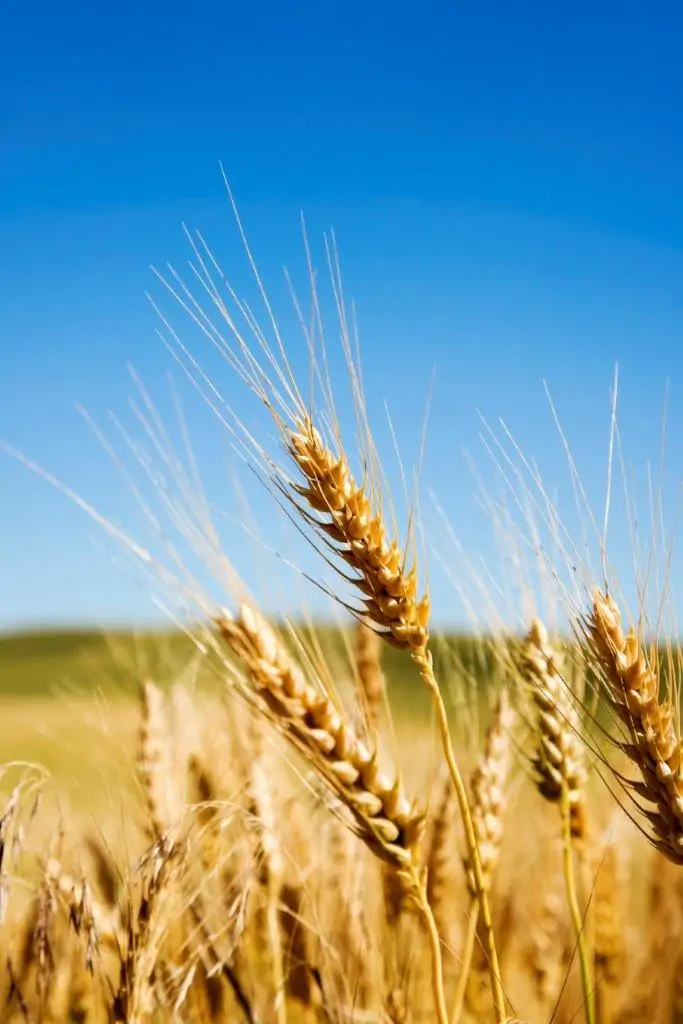Ancient grains have taken the healthy food scene by storm. But what are ancient grains? And are they really better than your usual grains?
Marketing or Science
There is some confusion over what constitutes an ancient grain. Although the Whole Grains Council defines ancient grains loosely as grains that are largely unchanged over the last several hundred years, no clear definition exists. The term seems to be a marketing construct with little basis in history or science.
Many of the commodities which are categorised as ancient grains are, in fact, no older than grains such as wheat or oats.
If we look at what has changed and what has not changed, the picture becomes somewhat clearer. Despite having roots going back into antiquity, modern common varieties of wheat, rice and corn are not ancient grains. These modern grains are products of thousands of years of selective breeding for rapid growth and easier milling.
In contrast, the pseudo-grain, amaranth is a good example of what is considered an ancient grain. It was a staple of the Aztec civilisation prior to colonisation. Following the Spanish conquest, cultivation of the crop was outlawed. Having largely maintained its genetic base, amaranth was recovered from wild varieties in the 20th century; it is now cultivated commercially and considered an ancient grain.
Classifications
Commodities commonly classified as ancient grains largely fall into one or more of the following three different categories:
- Grains that have not been significantly changed through breeding or other means since they were first cultivated;
- Heirloom varieties of commonly cultivated grains; and
- Grains and pseudo-grains that have not been a part of the Western diets until relatively recently.
Ancient grains
The growing ancient grains trend highlights a broader consumer shift towards more authentic, traceable, and nutritionally rich food sources. At Farrelly Mitchell, we understand the intricacies of emerging consumer trends like ancient grains, and we deliver actionable market intelligence & insights to food and agribusinesses looking to capitalise upon them.
Our consultants can assess and improve sustainability and esg within your business, build and adapt traceability & transparency systems, improve supply chain optimisation, and provide insights into emerging consumer demands regarding food ingredients & alternative proteins. To learn more about our services and position your business for growth in new markets, contact our team today.











